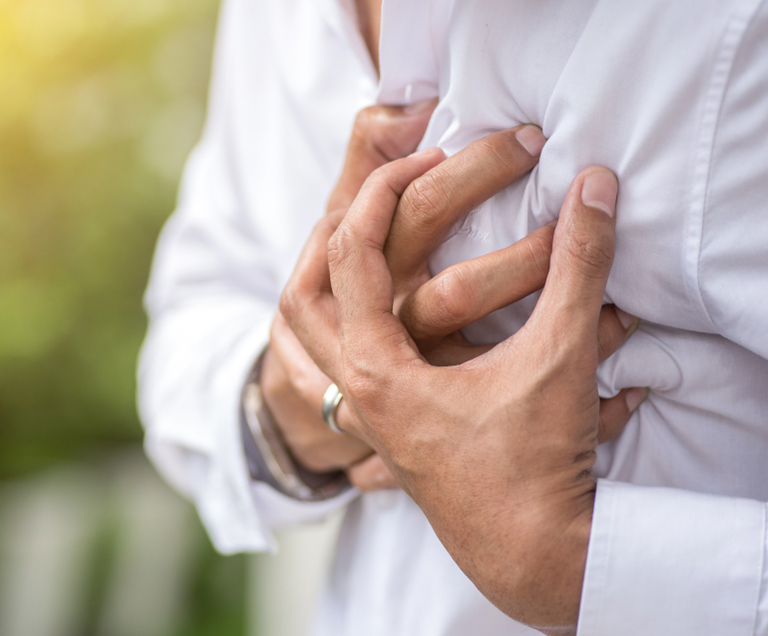No one wants to have a stroke or a heart attack and, certainly, no one wants to die of it. Doctors prescribe medications belonging to the “statin” group to patients at risk of an attack or stroke. Statins, taken regularly and long term, reduce the risk of heart attack by 54 per cent and stroke by 48 per cent. If aspirin is taken along with statins, the risk reduces even further. Unfortunately, there is a lot of medical misinformation on social media about statins, which makes people worry if taking statins is safe. If you have been prescribed these medications, you probably need them.
Statins act on the liver by blocking an enzyme responsible for synthesising cholesterol. Excess cholesterol in the blood precipitates in arteries, causing a build-up of plaque. This inflames, damages and narrows the blood vessels. Eventually, it can lead to hardened, non-pliable arteries, susceptible to clot formation and complete blockage. The actual clot is formed by platelets aggregating on cholesterol plaques. Blocked blood vessels cause heart attack and stroke. Aspirin prevents the aggregation of platelets and acts synergistically with statins.
Triglycerides (TGL) are a type of lipid that circulates in the blood. They are obtained from food. They store unused calories, which can later be used for energy. Constant overeating elevates TGL levels. That contributes to inflammation and plaque formation.
The lipid profile can be checked in the blood. The total cholesterol should be below 200 mg/dL or 5.2 mmol/L. The normal values of triglycerides are less than 150mg/dL, low-density lipoprotein (LDL) under 130 mg/dL, or 3.4 mmol/L, HDL is between 40-50 mg/dL or 1.0-1.3 mmol/L for men and between 50-59 mg/dl 1.3-1.5 mmol/L for women. Medication can help correct the lipid profile, but they are an adjuvant to lifestyle changes.
To keep a normal profile:
- The BMI (weight divided by height in metre squared) needs to be as close to 23 as possible. The waist should be 35 inches or less in women and 40 inches or less in men. This can be achieved with a low-fat diet (500ml of oil per family member per month) and consuming 1,500-2,000 calories a day (depending on activity level).
- Fast foods containing preservatives and transfats and oily fried items should be avoided.
- Exposure to cigarette smoke (either active or passive) is dangerous as the chemicals in it makes the blood vessels go into spasm, especially if there are atherosclerotic plaques.
- Lifestyle diseases such as diabetes and hypertension have to be controlled.
- Stress and anger need to be countered either with meditation or yoga. Exercising regularly maintains heart and blood vessel health.
Statins correct the lipid profile and have to be taken all your life. They should not be discontinued without a doctor’s permission. Once discontinued, the lipid profile becomes abnormal again. Red yeast rice, psyllium, fenugreek and fish oil can help lower cholesterol levels. They can help lower the dose.
Statins have been found to have other incidental benefits. They reduce glaucoma, are anti-inflammatory and stabilise the lining of blood vessels so that plaques are less likely to rupture. They also make pulmonary embolism and deep vein thrombosis less likely.
Statins have been vilified on the Internet and social media, often with unsubstantiated, unscientific claims. A few people do have side effects such as headache, nausea, diarrhoea and muscle and joint pain. In many, the symptoms disappear with prolonged use or if another statin (there are several available) is substituted. If very high doses are prescribed, side effects such as a worsening of diabetes, damage to muscle cells or the liver do occur but rarely.
The beneficial effects of statins, however, far outweigh the risks. The writer is a paediatrician with a family practice at Vellore and author of Staying Healthy in Modern India. If you have any questions on health issues, please write to yourhealthgm@yahoo.co.in










